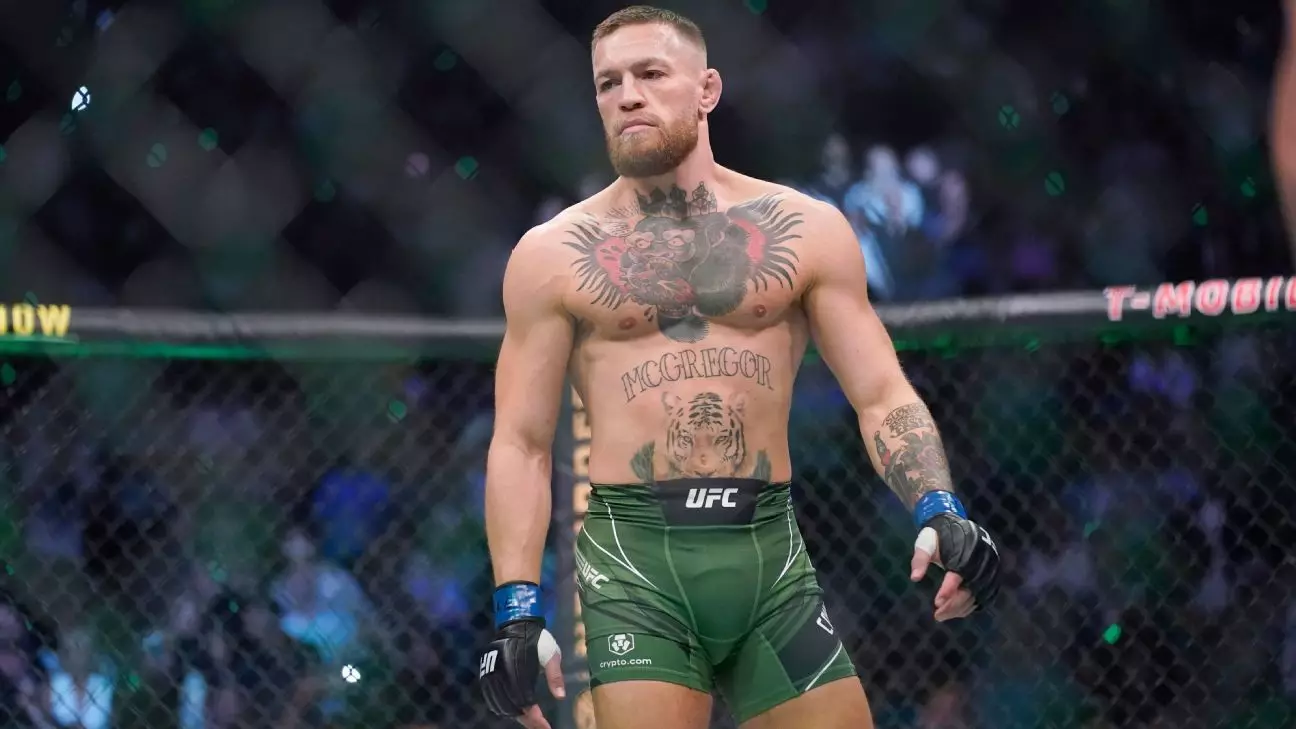In a significant development within the realm of sports and legal accountability, a woman has brought forth serious allegations of sexual assault against Conor McGregor, the acclaimed mixed martial arts fighter. The case, which commenced in an Irish court in Dublin, has drawn considerable attention not only for its celebrity association but also for the critical discussions surrounding consent and the legal handling of such sensitive issues. The woman’s testimony marks the beginning of a civil case that seeks financial reparations for what she describes as an assault that occurred in a Dublin hotel’s penthouse suite back in December 2018.
According to reports from the courtroom, the woman indicated a clear discomfort with her surroundings after being left alone with McGregor. She stated in her testimony that, despite her explicit communication of her unwillingness to engage in sexual activity, McGregor allegedly persisted in his actions. This declaration places a heavy emphasis on the importance of consent—an area that has seen a resurgence of public interest and concern, particularly in high-profile cases. The woman’s account also highlights the psychological toll such experiences can impose, emphasizing the need for institutions to take such allegations seriously and investigate them thoroughly.
While the woman’s testimony lays a grave foundation for her claims, McGregor’s legal team is reportedly preparing to counter these allegations by asserting that any interaction between the two was consensual. This raises critical questions about the narrative built around consent, particularly regarding how different perspectives can complicate legal determinations. The legal arguments that unfold in this case will likely explore the nuances of consent and culpability, reflecting broader societal debates surrounding sexual violence, personal autonomy, and the modern legal framework that governs such disputes.
The case has broader implications not only for McGregor’s career but also for the perceptions surrounding celebrity culture and accountability. High-profile individuals often find themselves at the crosshairs of public scrutiny, and the outcomes of cases like this can influence societal views on sexual misconduct, victim support, and the dichotomy between fame and criminality. Given McGregor’s global recognition, the case is poised to be more than a mere courtroom drama; it represents a battle over societal norms and the evolution of legal responses to allegations of sexual assault.
As the civil proceedings unfold, it is crucial to approach the case with a mindset rooted in empathy for the alleged victim, while acknowledging the legal rights of the accused. The discourse generated by this situation serves as a reminder of the importance of understanding and addressing the complexities surrounding consent and sexual violence. For now, both the court and the public will await the developments in this high-profile case, which epitomizes a crucial intersection between law, celebrity, and social change. As discussions regarding accountability continue, each testimony and argument in this case may contribute to a larger narrative advocating for justice and reform in how society handles such issues.

